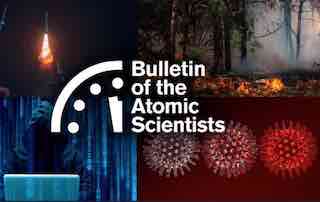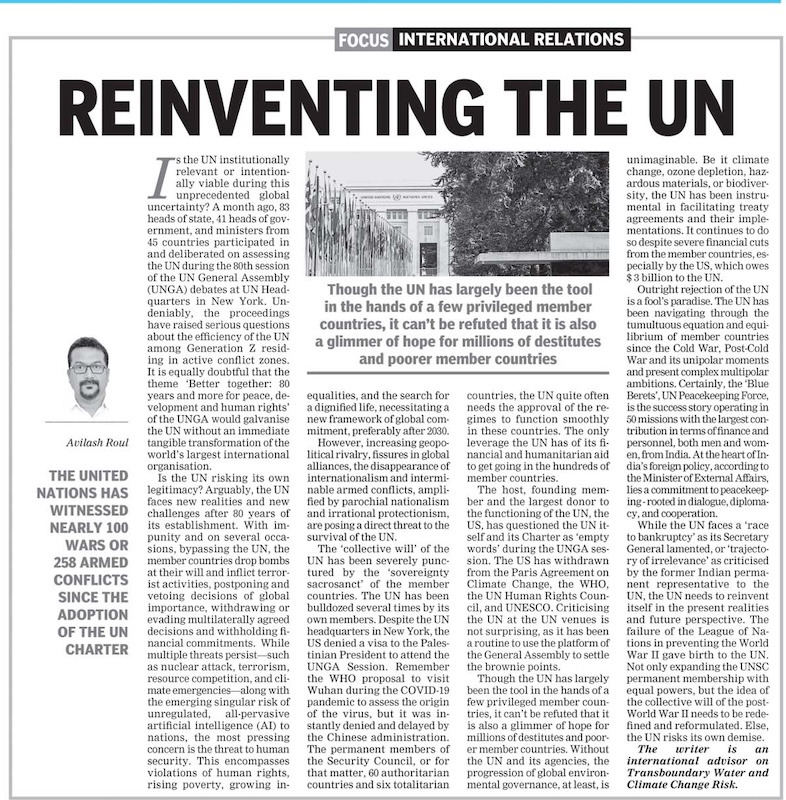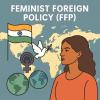Between Isolation and Recognition: Israel, Palestine and the New Global Consensus
On September 12, 2025, 142 nations voted in favor of a two-state solution, 10 against, and 12 abstained — within 24 hours of the Israeli prime minister declaring that Palestine would never be a state. Major countries, including Saudi Arabia, France, and India, have endorsed the resolution, acknowledging Palestinian suffering. This raises a critical question: Will the adoption of the two-state resolution change the Israel–Palestine conflict, or will the cycle of violence continue?
Feminist Foreign Policy (FFP): The Scope of Integrating Gender Sensitivity into Indian Foreign Policies
In 2021, during a seminar on gender mainstreaming in India’s foreign policy, India's External Affairs Minister, Dr. S. Jaishankar, emphasized the need for a gender-balanced foreign policy. Jaishankar underscored three crucial aspects: encouraging women's participation in foreign policy issues, integrating women's interests into policy frameworks, and adopting feminist perspectives.
Right To A Healthy Environment: Citizen's Right Vs State's Obligation
Do we have the right to a clean, healthy and sustainable environment? One of the most obvious questions, even the cycle of heat waves engulfing India this summer, has been missing during the largest democratic practices as 834 million Indians are voting in the 2024 General Elections. Ironically, the election manifestos of both national and regional political parties have failed to commit to ensuring the right to a healthy environment for all Indians if they are elected to power on June 4, 2024. At best, environmental well-being is a non-issue in this General Election.
"Russia (again) peddles its debunked US-Ukrainian bioweapons claims at the United Nations": Bulletin of Atomic Scientists

Since invading Ukraine in February, the Russian government has tirelessly worked to convince others of the existence of an illicit US-Ukrainian bioweapons program. It’s brought the claims to the UN Security Council, the Biological Weapons Convention, and other international venues, sometimes more than once. Earlier this month, Moscow went to the Security Council for the fourth time this year. This time, Russian diplomats triggered a never-before invoked mechanism to vote on creating a commission to investigate its bioweapons allegations. Once again, few countries sided with Russia.
UN Press: ‘Poor Man’s Atomic Bomb’ Made of Dual-Use Biological, Chemical Material Replaces Nuclear Weapon for Non-State Actors, First Committee Told

‘Poor Man’s Atomic Bomb’ Made of Dual-Use Biological, Chemical Material Replaces Nuclear Weapon for Non-State Actors, First Committee Told
Securing High-Containment Biological Labs Can Avert Next Pandemic
Chemical and biological weapons had become the best alternative to nuclear weapons for rogue States and non-State actors, the First Committee (Disarmament and International Security) heard today as it concluded its thematic debate on weapons of mass destruction and opened debate on conventional weapons.
UN News: "UN still sees no sign of biological weapons in Ukraine"

The United Nations is not aware of any biological weapons programmes in Ukraine, a senior official in the Office for Disarmament Affairs (UNODA) reiterated in a briefing to the Security Council.
World Food Crisis: Is it a shock to development process?
Analyze this: A week long protest, riot and looting in Haiti due to spiraling food prices led to the ouster of the Prime Minister and announcement of $10 million feeding program by the World Bank during an emergency meeting in Washington in April. The 9000 strong UN peace keeping force is still in dilemma to face the ‘hungry mob’ in Haiti. Approximately 10,000 workers clashed with police near the capital in Bangladesh over the rising food price. At least dozens of people, including 20 police officials, were injured in the violence in Dhaka. In Egypt, the revolt over food is mounting.
Cultural Blue Berets: The United Nations’ Way Towards Peace and Preservation
The history of the United Nations peacekeepers goes back to 1948, when 36 unarmed military observers went to supervise the Arab-Israeli war. Since then it has grown enormously for the cause of world peace, tranquility and larger benefit of humanity. The UN peacekeepers initiated as a task force working towards easing out the tension and prepare grounds for negotiated settlements, maintaining their impartial presence. There are 62,289 Military personnel and civilian police serving in 16 current peacekeeping operations as on 30 September 2004.
Paxton ported to drupal by DropThemes.in





